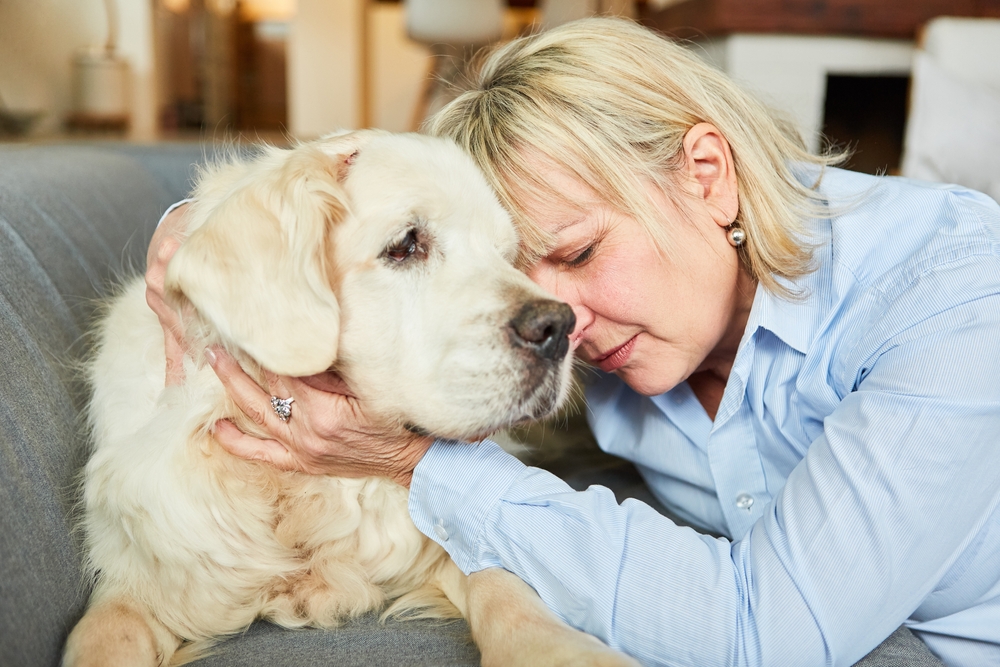Curious about which dog breeds make the best therapy dogs? Read on to find out.
Others are reading now
Therapy dogs play a vital role in supporting people who need emotional comfort, a sense of security, or companionship during challenging periods in their lives. Choosing the right breed can make a significant difference, as temperament, intelligence, and the ability to bond with humans are key factors. Below is a selection of breeds that are frequently recognized as especially well-suited for therapeutic work.
Labrador Retriever

The Labrador is one of the world’s most popular therapy dogs—and for good reason. Its friendly, social, and calm nature makes it ideal for close interaction with people. It is also highly trainable and adaptable, thriving in homes, hospitals, and care institutions alike. Labradors are eager to please and form strong bonds with the individuals they work with.
Golden Retriever
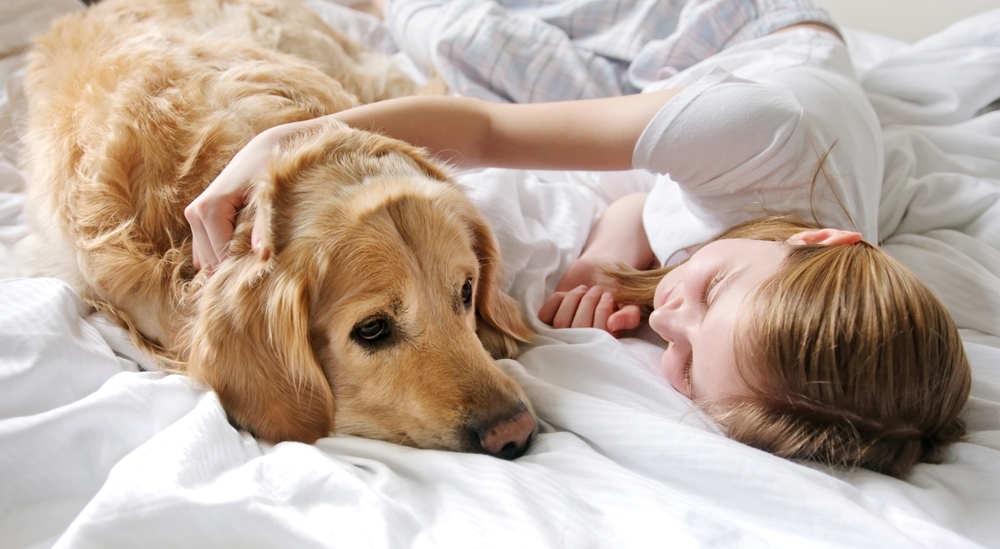
Known for its patience and gentle approach to people of all ages, the Golden Retriever is especially good with children and the elderly. Its calm demeanor makes it a reliable and comforting companion in therapeutic settings. This breed is very receptive to training and possesses a natural empathy that helps it sense human emotions and needs.
Cavalier King Charles Spaniel

Also read
Poodle (All Sizes)
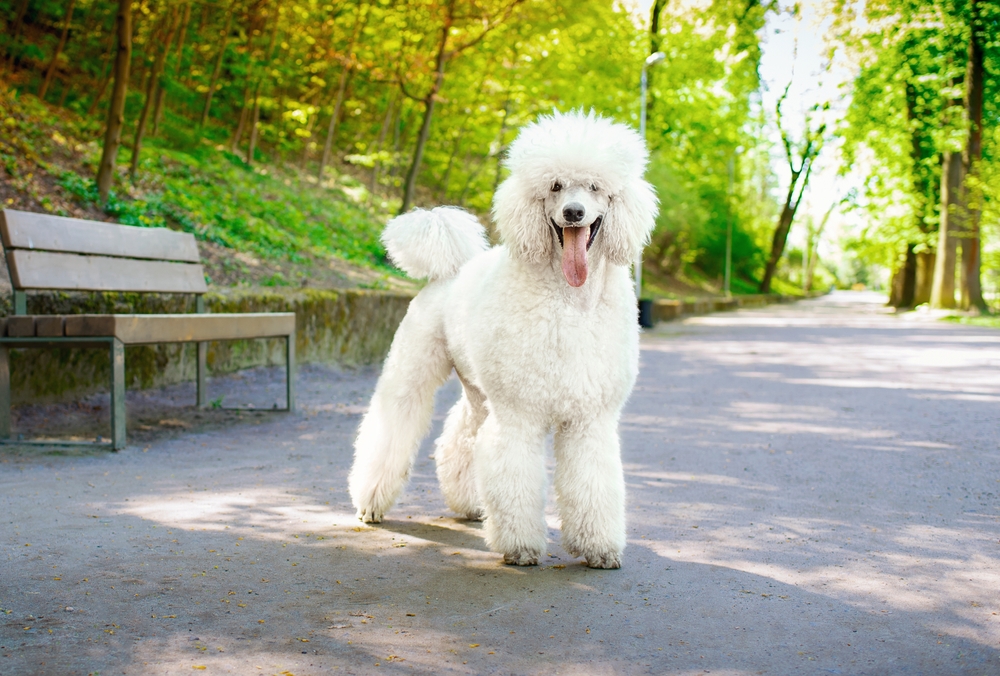
The Poodle is an exceptionally intelligent and cooperative dog that also benefits from being low-shedding, making it a great choice for allergy-sensitive environments. It thrives on human interaction and has a strong desire to learn and obey commands, which makes it easy to train for therapeutic roles.
Collie
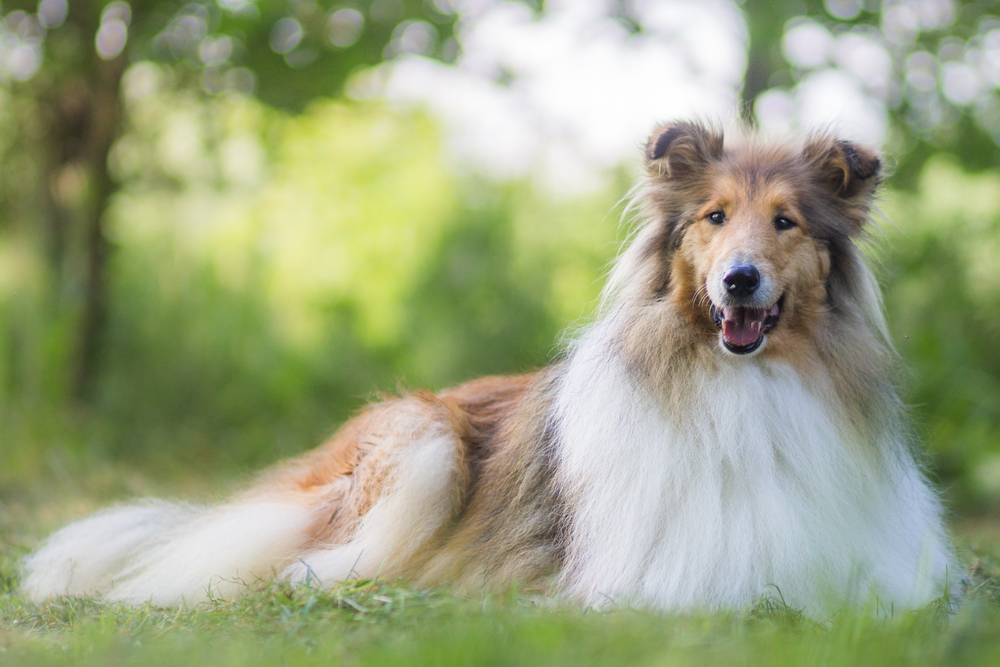
Collies are naturally gentle and highly perceptive of human emotions. They are loyal, obedient, and great with children, making them wonderful companions in both family settings and professional therapy work. With their calm temperament and attentiveness, Collies are easy to manage in a variety of contexts.
Bichon Frisé
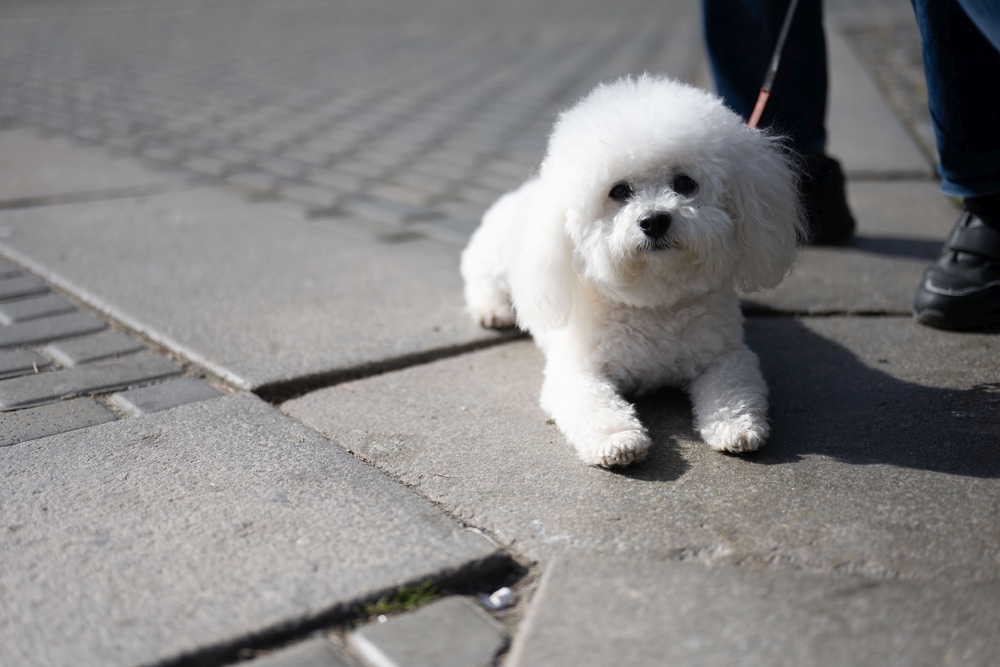
The Bichon Frisé is a cheerful and affectionate little dog that thrives on human contact. Its soft, curly coat sheds very little, making it a good option for people with allergies. Due to its size and energy level, it is well-suited for smaller homes or care facilities and quickly spreads joy wherever it goes.
Labradoodle

The Labradoodle combines the Labrador’s gentle nature with the Poodle’s intelligence and hypoallergenic coat. This mixed breed has become incredibly popular as a therapy dog, largely due to its strong need for human closeness and desire to be helpful. It is easy to train and comfortable in both calm and more active environments, offering great versatility in therapy settings.
Shetland Sheepdog

The Sheltie is a smart and observant breed that loves to collaborate with people. It is deeply affectionate and has a strong ability to sense moods, making it an excellent support for individuals with psychological or emotional challenges. This breed is also known for its calm demeanor and ability to provide comfort and security.
Havanese

The Havanese is a small, charming dog with a big personality. It thrives on attention and affection, quickly adapting to new people and situations. Its cheerful nature and curious outlook make it especially good at spreading happiness and soothing those in need of emotional reassurance.
Newfoundland
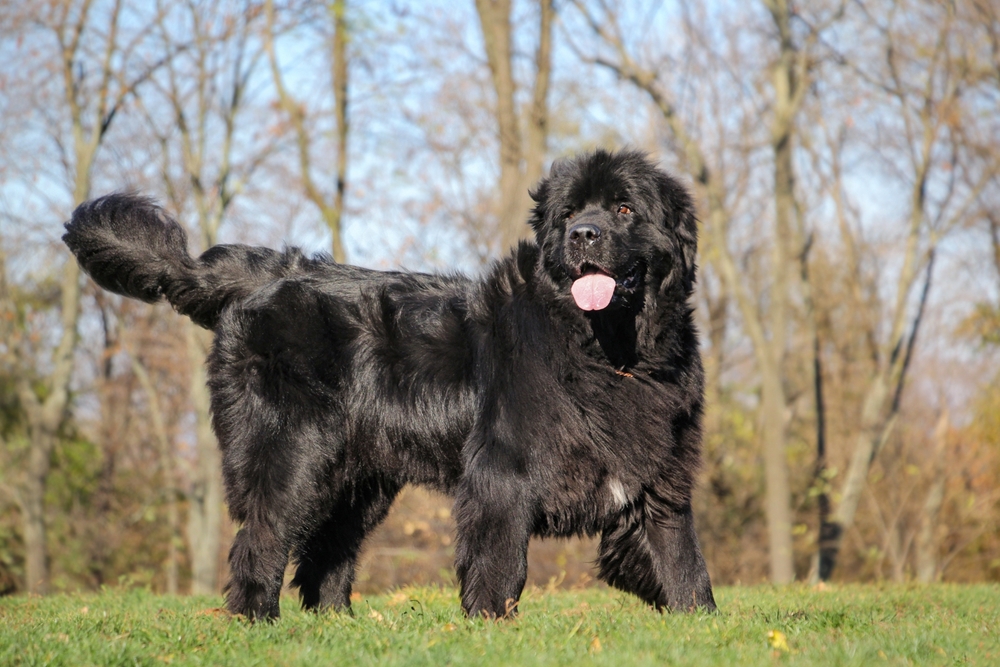
The Newfoundland is a gentle giant with an almost instinctive ability to comfort and calm. Its patient and steady nature makes it a perfect therapy dog, particularly in settings where a sense of safety and physical closeness is important. It is highly affectionate toward both children and adults and enjoys having a purposeful role.
Cocker Spaniel

The Cocker Spaniel is a loving and energetic dog with a gentle spirit. It thrives on human interaction and is highly responsive to emotions and body language. With its moderate size and friendly demeanor, it is well-suited for a wide range of therapeutic roles—whether in private homes or institutional environments.

